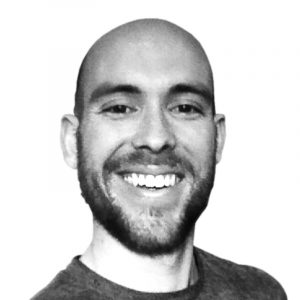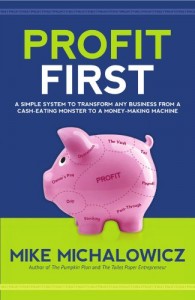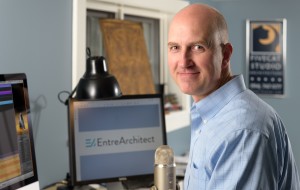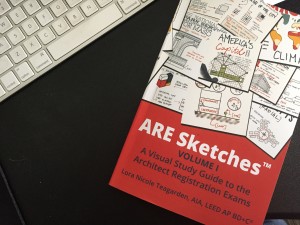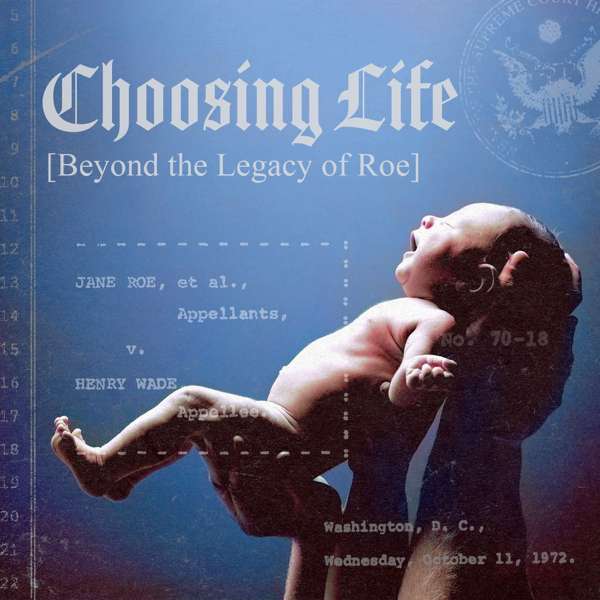One month ago, on November 12, 2012, I published a blog post introducing The 12/12/12 Project. The idea behind the 12/12/12 Project is to push through your fear of failure, make a decision final and commit to something that will literally alter your life. Something that you have been dreaming about but have always been afraid to do. It’s an opportunity to follow your passion and become what you are truly meant to be.
My challenge to you, and to myself, was to prepare a plan and commit to executing that plan on December 12, 2012. Well that day has come. Today, is 12/12/12.
So what is my 12/12/12 Project?
Click the link below to find out. I hope you enjoy it.
Please take a moment to post a comment and tell me what you think.
Click Here To Listen Now –>> EA000 _ Introduction- The Entrepreneur Architect
Here’s the Transcript:
Episode 000 | Introduction: The Entrepreneur Architect Podcast
Every summer as a kid, my parents would load up the old Suburban, hook up the boat and head to a crystal clear lake in upstate New York’s Adirondack Mountains. My brothers and I would look forward to that trip all year long. In anticipation our imaginations would take over and create an event so amazing that the excitement of thinking about the vacation was almost more fun than the actual trip itself.
We had such a great time on those trips. We would swim and picnic and fish and go on long rides in the boat. My Dad is a retired auto mechanic and he loves all things FAST. Our boat was a 27 foot Magnum; an offshore powerboat with twin 350 Chevy engines… and it was FAST. We would strap on our goggles, hang on tight and we would race across the top of the waves. We would visit amazing places on the lake; which as a kid I would imagine were undiscovered territories never before seen with human eyes.
Some of these special coves and bays are surrounded by shear cliffs where hundreds of thousands of years ago tectonic activity ripped through the region and mountains rose from the earth. Sometimes we would anchor and swim to shore, climb these cliffs… and jump.
It is truly an amazing feeling to jump from a 30 foot cliff and plunge into cool deep water below but it is NOT easy to do the first time.
The first time you climb to the top of one of these cliffs and look down, your heart pushes up against your throat and your stomach tightens up and you say, NO WAY am I jumping into that water. You are filled with complete and total fear.
But then your courage pushes through your fear… and you just do it!
And it is awesome. The feeling of pride. The freedom. The physical sensation of the wind whipping past your ears and the adrenaline pumping through your veins finding its way to your brain. It is amazing.
And its a feeling that I haven’t felt in a very long time.
Until now.
One month ago, on November 12, 2012, I published a blog post introducing The 12/12/12 Project. The idea behind the 12/12/12 Project is to push through your fear of failure, make a decision final and commit to something that will literally alter your life. Something that you have been dreaming about but have always been afraid to do. It’s an opportunity to follow your passion and become what you are truly meant to be.
My challenge to you, and to myself, was to prepare a plan and commit to executing that plan on December 12, 2012. Well that day has come. Today, is 12/12/12.
So what is my 12/12/12 Project?
I will get to that in a moment.
First, I want to tell you a little bit about me.
My name is Mark LePage and I am an Architect.
I am the President and Partner in Change of Operations at the architecture firm, Fivecat Studio, which I own with my most beautiful and talented architect wife Annmarie McCarthy. Annmarie and I have three young kids, two dogs and let’s just say several cats oh, and a guinea pig named Reilly.
Annmarie and I are slowly restoring our little 1934 stucco cottage in the woods of Chappaqua, New York. It’s about a 10 minute commute from our studio in Pleasantville.
Being married to my business partner and working so close to home allows me to be a very involved Dad. My kids are a huge part of my life and Annmarie and I have worked very hard to find the proper balance between the firm and our family.
Fivecat Studio is a residential architecture firm located about 40 minutes north of Manhattan in Westchester County. We have a small staff, a diverse portfolio of work and we specialize in high-end small projects.
These past five years have been extremely challenging, but with a loyal crew and a smart business strategy, we have survived. And in this economy, survival is success.
I decided to become an architect when I was 10, the day I realized that artists didn’t make much money. You see, I also wanted to be rich. So… I thought “Architects are professionals. They must make a lot of money. I can be an artist, design buildings AND buy all the toys I would ever want.”
Like most creative professionals, I’m a dreamer and as a kid I would spend hours of my day fantasizing about what my life would someday become. I would plan out my own “success stories”, step by step.
Today, I owe much of my success to those early days of developing strategies and tactics for how I would one day dominate the world of architecture.
Well, thankfully, as I matured, my priorities changed. The material things became much less important. Although, I do like my toys. I still drive my 1969 Camaro Rally Sport. I purchased it when I was 16.
And the desire for world domination? Well, luckily it subsided too as the idea of improving the everyday lives of people through architecture became a reality to me.
I love being an residential architect. I love that we can, very literally, change the world, one family at a time with the work that we do.
But, as much as I love being an Architect, my true passion is business and the concept of “success”. I love the game of business and how, if you learn the rules, practice and get good at the game, you can win . you can succeed.
And if you’ve been reading my blog for any amount of time or following me on Twitter, you know that I love to help other people succeed too. I share everything I know and everything I learn.
The concept of success has always interested me. I have an entire library of books on the subject and have been researching “success” for as long as I can remember even before I realized it was the concept of success that I found so fascinating in those early “success stories” I developed as a child.
The word success has so may definitions. It could mean financial peace and stability. It could mean positive growth and accepting a leadership position in business or in life. It could simply mean that you have found a place of contentment, a balance in your life, where everything is as it should be.
Success. Everyone wants it, yet, its very difficult to achieve. It takes hard work, knowledge and dedication.
So… this all leads me back to my 12/12/12 Project.
My 12/12/12 Project is Entrepreneur Architect.
Yeah I know… Entrepreneur Architect has been around for quite a while now. In fact, it was officially launched in 2009 2007 when I published my first post on the Entrepreneur Architect blog and then created the Entrepreneur Architect Linkedin Group in 2009. But until now, it has always been a hobby it’s been a side job that I did for fun. A way to connect with other aspiring Entrepreneur Architects around the world. And its been great! I have met so many people a tribe of enthusiastic and encouraging individuals, who’ve inspired me to pursue my passion and reach for my dreams.
So today, as the first step of my 12/12/12 Project, I am pushing through the fear and jumping off that cliff. I am committing to taking Entrepreneur Architect to the next level. I am committing to the idea of Entrepreneur Architect as a platform for supporting architects, designers and creative professionals throughout the world, and inspiring their everyday success in business, in leadership and in life.
I will continue to publish my blog, EntreArchitect.com. I will also continue to host the Entrepreneur Architect TweetChat at Twitter.com which happens every Wednesday evening at 9PM Eastern Time… and I will continue to administer the very popular Entrepreneur Architect Group over at Linkedin.com.
These are all great places where our tribe of Entrepreneur Architects come together as a community, support one another and learn how to be more successful everyday in everything we do.
and this podcast, The Entrepreneur Architect, is the next step.
The Entrepreneur Architect podcast will continue to feed my passion, and facilitate my research and mission to discover new, and maybe even forgotten, paths to success for architects, designers and other creative professionals. I will post a new episode each month. The podcast will include interviews with architects and designers, as well as any other interesting people who have something to teach us about the path to everyday success.
The first official episode will be posted to the Entrepreneur Architect blog after the new year. It will feature an interview with my friend, Christopher Pollard. He’s the founder and CEO of Anon Design Collective. Chris is trained as an architect and has used his background and skills as a designer to take his career in a very different direction. He has a very inspiring story and I’m excited to share it with you. So save the date, Episode 001. It’s coming to Entrepreneur Architect in January 2013.
And like I said, this podcast is just the next step. My 12/12/12 Project includes much more than just this podcast. I have lots more planned for Entrepreneur Architect, for Fivecat Studio and for me personally. And I’m going to share my progress, successes AND failures, with you here on this podcast and on my blog.
Today, December 12, 2012. It’s the first day of the rest of our lives.
So, what is your 12/12/12 Project?
I want to know what you’re doing. What life-altering commitment have YOU made? Share your plans with me on the blog in the comments, or privately by direct message or email.
And for those of you who have not yet made the commitment It’s not too late. I once again, invite you to join me. I challenge you to push through YOUR fears and jump off that cliff. Follow your passion. Feel the freedom. Take that big idea in your head and do it.
Develop a plan, take a deep breath and jump.
So that’s it. The Entrepreneur Architect podcast. It’s official.
Please share this with everyone you know… on Twitter, on Facebook, Google+. Email it to everyone in your address book. Tell everyone in your office. Shout it from the rooftops. The more people who know about what’s going on here, the more successful it will be for all of us.
And please subscribe to my blog (there’s a link on the upper right margin). That way you won’t miss anything and I promise that everything I do here will be worth your time. By subscribing to the blog, each post will be delivered directly to your inbox.
So Are you ready? Are you ready to make good things happen in your business in your life?
Together, we’ll learn and be inspired to take our lives to places we only dreamed about as kids.
Have a blessed Christmas and happy Hanukah. And we’ll see you after the new year at The Entrepreneur Architect podcast.
Remember, today, 12/12/12, is the first day of the rest of our lives. Let’s do this…
***
photo credit: EJP Photo via photopin cc
The post EA000: Introduction to The Entrepreneur Architect Podcast appeared first on EntreArchitect // Small Firm Entrepreneur Architects.
Mentioned in this episode:
Gabl CES
Emerging

 Our TOPPODCAST Picks
Our TOPPODCAST Picks  Stay Connected
Stay Connected


 , a simple software for building the value of a company used by thousands of businesses worldwide. Offered by a global network of independent advisors known as Certified Value Builders, The Value Builder System
, a simple software for building the value of a company used by thousands of businesses worldwide. Offered by a global network of independent advisors known as Certified Value Builders, The Value Builder System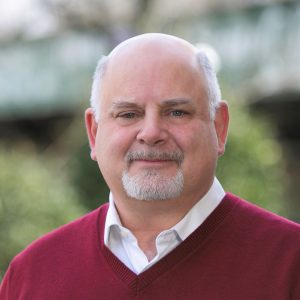
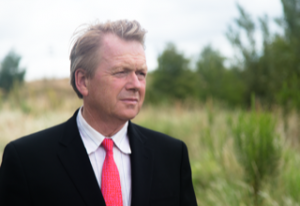
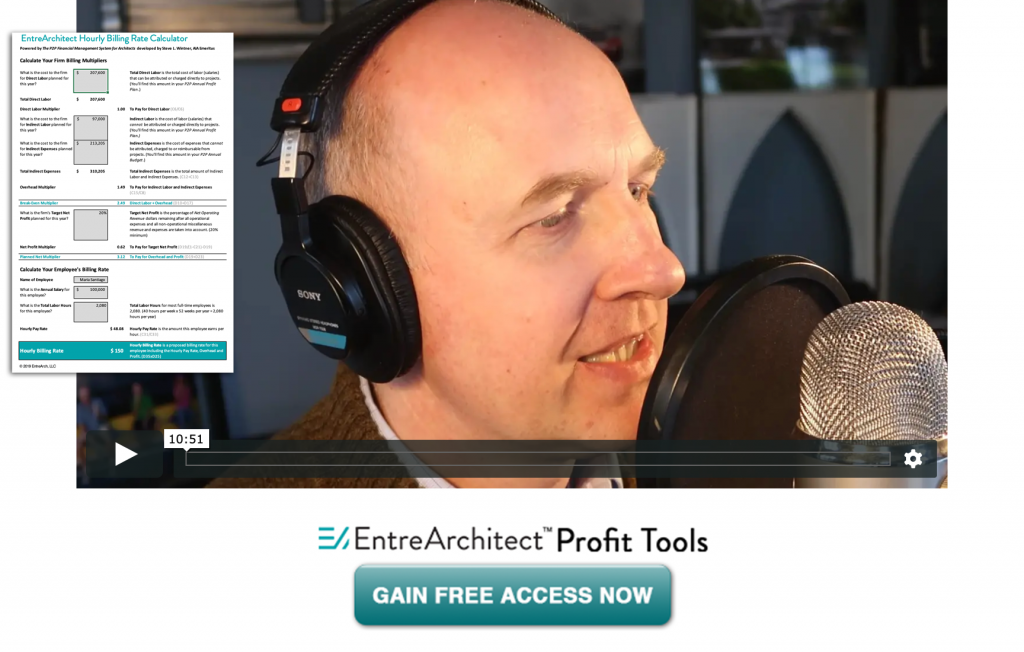
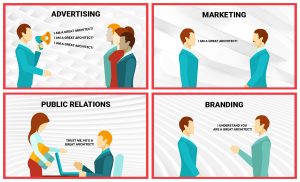
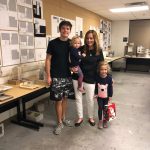

 Michael Kilkelly is a principal at Space Command, an architecture and consulting firm in Middletown, Connecticut. He's also the founder of ArchSmarter.com, a website dedicated to helping architects work smarter not harder. Michael has received his bachelor of architecture from Norwich University and his masters of science, design and computation from MIT. Previously he was an associate at
Michael Kilkelly is a principal at Space Command, an architecture and consulting firm in Middletown, Connecticut. He's also the founder of ArchSmarter.com, a website dedicated to helping architects work smarter not harder. Michael has received his bachelor of architecture from Norwich University and his masters of science, design and computation from MIT. Previously he was an associate at  Declan Keefe of
Declan Keefe of  Earl Parson is an architect based in Los Angeles, California practicing residential architecture as
Earl Parson is an architect based in Los Angeles, California practicing residential architecture as 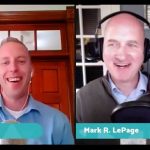 This week, Mark held his first live interview using Facebook live. Alex Gore from
This week, Mark held his first live interview using Facebook live. Alex Gore from  Do you want more control? More money? More happy clients? More architecture with better design? Is design/build the answer to our professions problems? Will building your own projects be the solution to success for your small firm? What does it take to run a successful design build firm?
Do you want more control? More money? More happy clients? More architecture with better design? Is design/build the answer to our professions problems? Will building your own projects be the solution to success for your small firm? What does it take to run a successful design build firm?